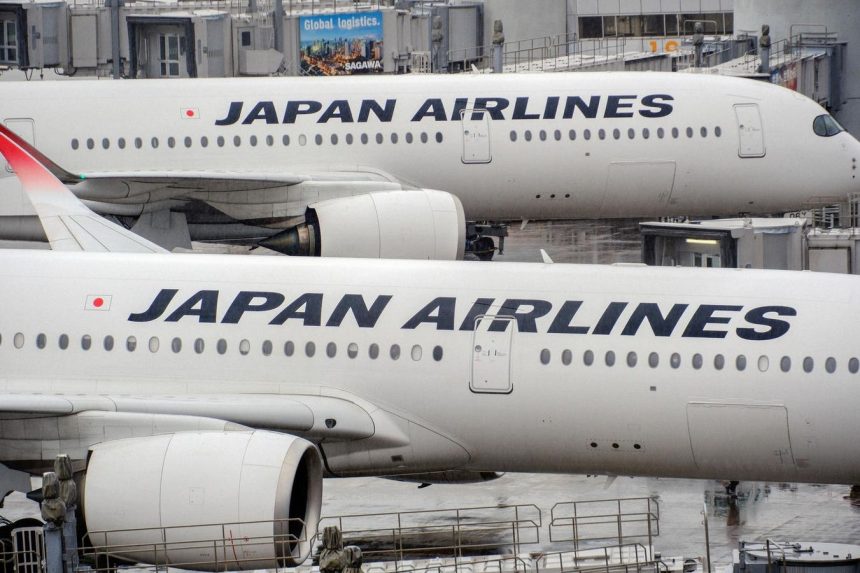On December 26, 2023, Japan Airlines (JAL) experienced a significant cyberattack classified as a Distributed Denial of Service (DDoS) attack, causing disruptions to their internal and external computer systems. This attack, commencing in the early hours of Boxing Day, led to the suspension of ticket sales for both domestic and international flights scheduled for departure that day, affecting over 20 domestic flights. While the attack caused considerable operational disruption, JAL confirmed that flight safety was never compromised. The airline also stated that no personal information was leaked and no damage was caused by computer viruses. JAL worked diligently to restore its systems and address the needs of affected customers.
A DDoS attack is a malicious attempt to overwhelm a server or network with an excessive amount of traffic, effectively disrupting its normal functioning and rendering it unavailable to legitimate users. This is commonly achieved by leveraging a network of compromised computers, often referred to as a botnet, to flood the target system with requests. The sheer volume of this malicious traffic can cripple the target’s resources, preventing it from responding to legitimate user requests, much like a traffic jam blocking access to a highway. In the case of JAL, this overload of traffic targeted their computer systems, causing disruptions to their online services, including ticket sales.
The impact of the attack extended beyond JAL’s internal operations. The disruptions to flights created a ripple effect impacting other services, including mail and parcel deliveries handled by Japan Post Co. This interconnectedness highlights the potential for widespread consequences when critical infrastructure, such as an airline’s computer systems, is targeted by cyberattacks. The incident underscores the vulnerability of interconnected systems in today’s digital landscape.
The Japanese government responded swiftly to the incident. Chief Cabinet Secretary Yoshimasa Hayashi confirmed that the transport ministry had instructed JAL to prioritize restoring their systems to minimize further disruption and provide appropriate support to affected customers. This prompt intervention emphasized the government’s commitment to ensuring the swift recovery of essential services and maintaining public confidence in the face of such attacks. The incident also serves as a reminder of the increasing need for robust cybersecurity measures within critical infrastructure sectors.
While JAL successfully mitigated the attack and resumed normal operations, the incident raises important questions about the perpetrators and their motivations. At the time of the incident, there was no publicly available information regarding the identity or motive of the attackers. Cyberattacks can stem from various sources, including state-sponsored actors, hacktivist groups, or individuals seeking financial gain or simply to cause disruption. The investigation into the JAL attack was ongoing, seeking to identify the source of the attack and strengthen preventative measures against future incidents.
This cyberattack against JAL serves as a stark reminder of the increasing threat posed by cybercriminals to organizations and critical infrastructure worldwide. The increasing reliance on interconnected digital systems necessitates continued investment in robust cybersecurity measures. The incident highlights the need for proactive strategies to prevent and mitigate such attacks, including implementing robust network security, regularly updating systems, and educating employees about cybersecurity best practices. Furthermore, international cooperation and information sharing are crucial in combating cybercrime and ensuring the resilience of essential services in the face of evolving cyber threats.



